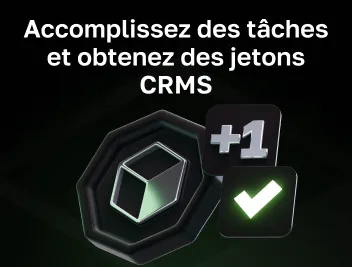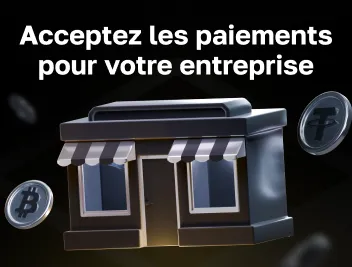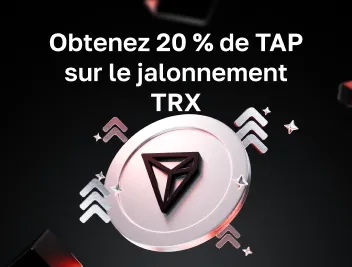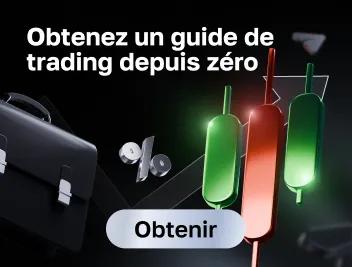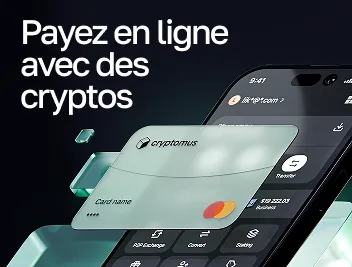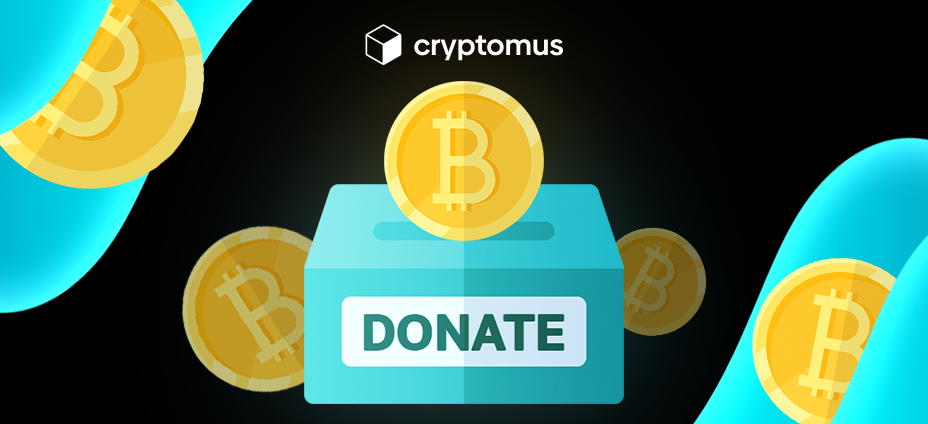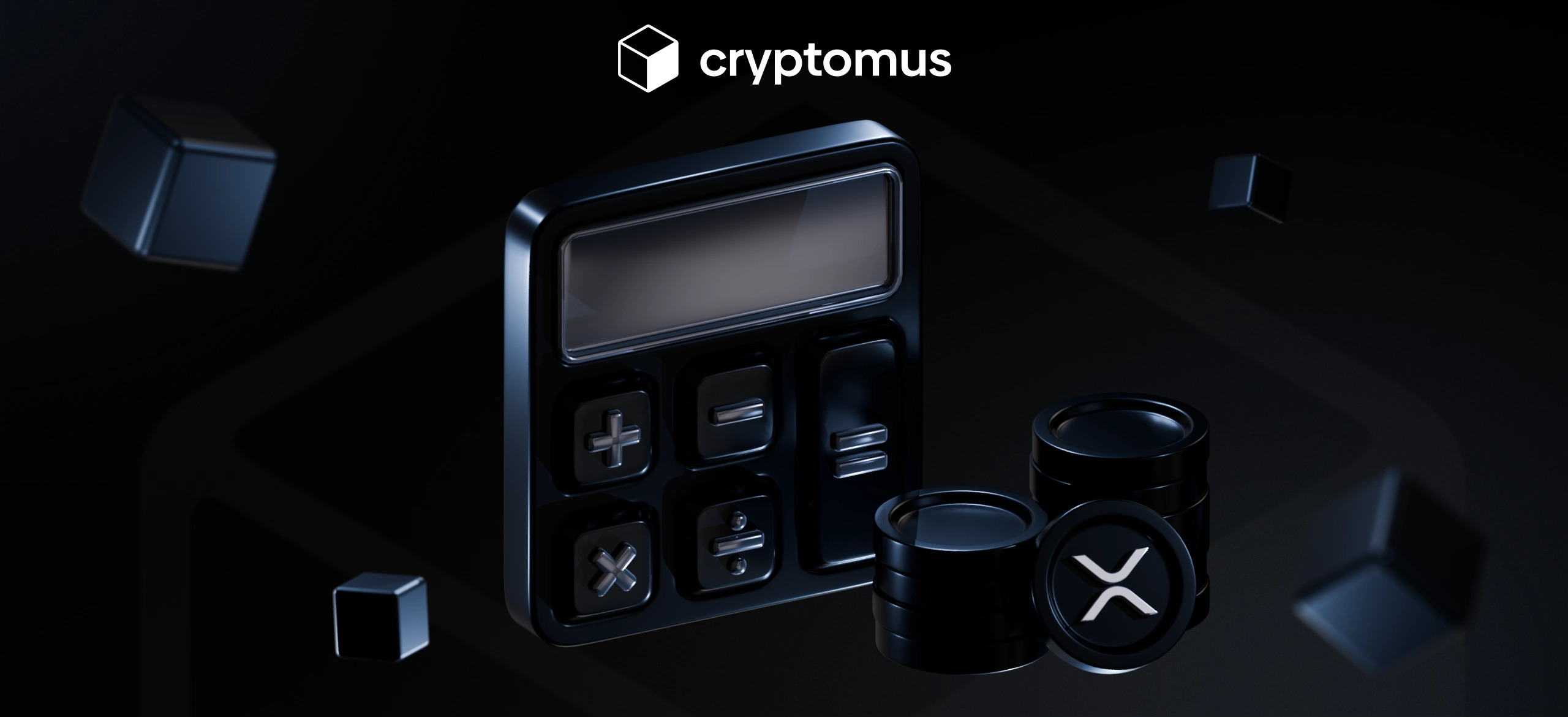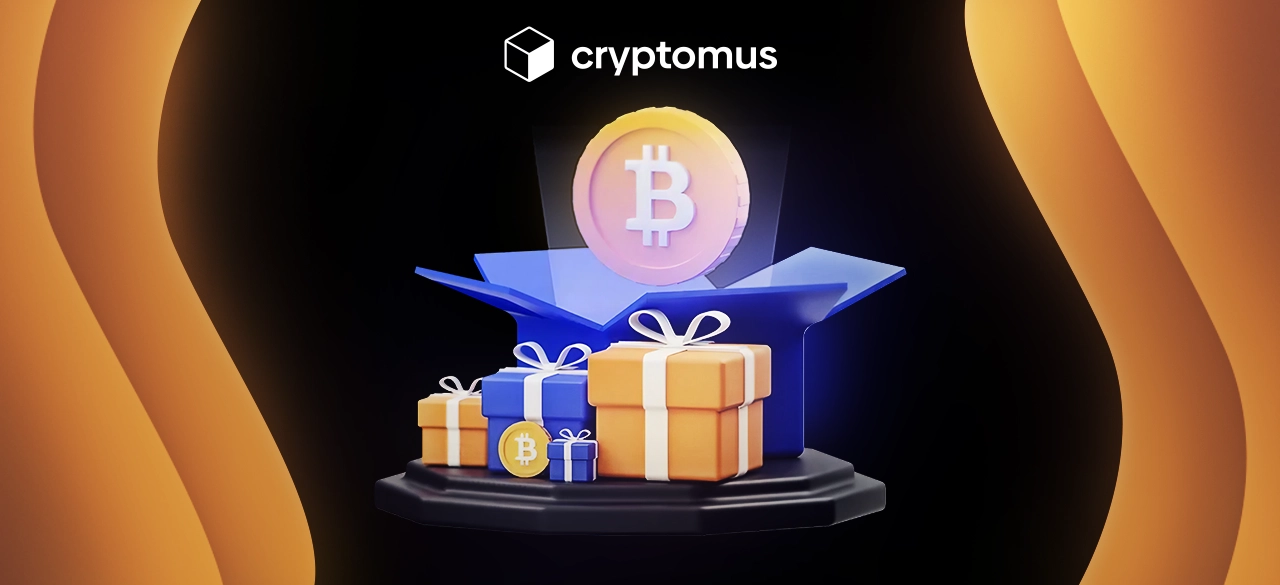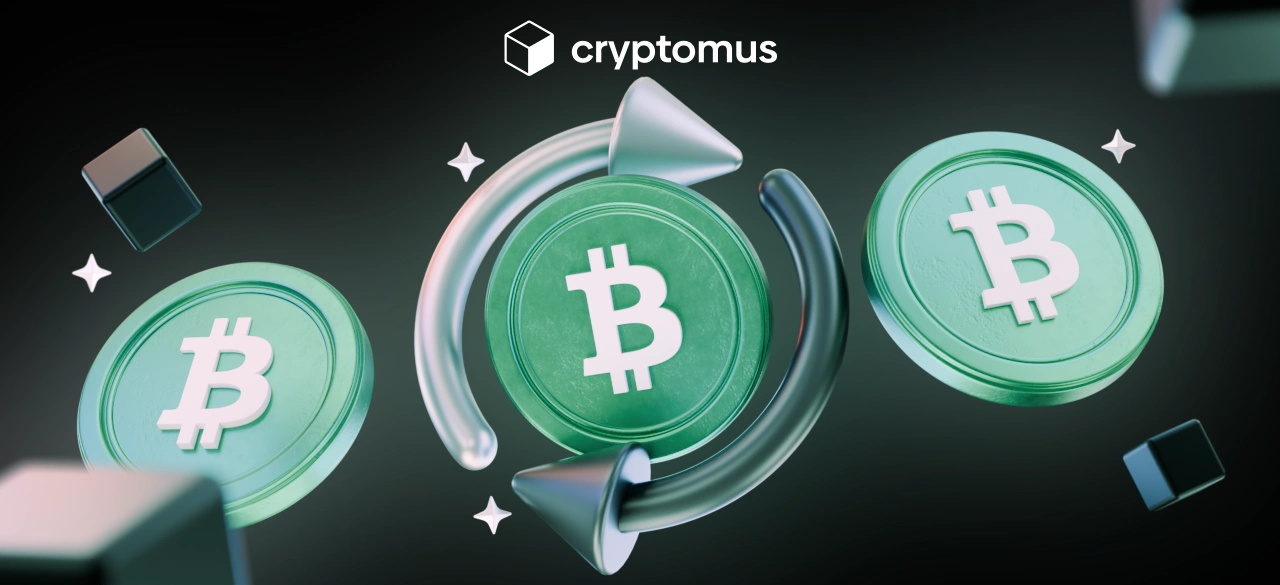
Bitcoin Cash (BCH) Transactions : Frais, Vitesse, Limites
Table des matières
En 2017, Bitcoin Cash s'est séparé de Bitcoin, créé pour résoudre des problèmes de scalabilité et minimiser les coûts de transaction, ce qui a conduit à une adoption accrue par les utilisateurs.
Ce guide clarifiera le fonctionnement des transactions de Bitcoin Cash. Nous explorerons des sujets essentiels tels que les frais, la vitesse de transaction et comment surveiller le statut de vos transactions.
Principes de Base des Transactions de Bitcoin Cash
Une transaction de Bitcoin Cash est un transfert de BCH effectué entre deux portefeuilles. Toutes les transactions contiennent des entrées qui représentent l'origine des fonds et des sorties qui indiquent où les fonds sont envoyés. La blockchain de Bitcoin Cash suit chaque transaction, offrant ainsi une transparence.
Une transaction BCH passe par une série d'étapes une fois qu'elle est initiée :
- Diffusion : La transaction est soumise au réseau.
- Vérification : Les mineurs examinent la transaction et s'assurent que l'expéditeur dispose du solde requis.
- Inclusion dans un bloc : La transaction est incluse dans un bloc et ajoutée à la blockchain.
Pour leur travail, les mineurs sont payés par des frais. Dans Bitcoin Cash, les frais de transaction sont facturés aux utilisateurs qui envoient et reçoivent des fonds. Contrairement à certaines pièces avec des commissions variables, BCH maintient des coûts bas pour un usage quotidien, bien que cela puisse changer en raison de facteurs que nous détaillerons plus tard.
Une fois qu'un bloc est intégré dans la blockchain, la transaction est officiellement confirmée. Une transaction est généralement jugée sécurisée une fois qu'elle a recueilli un nombre spécifié de confirmations, ce qui indique que divers mineurs l'ont validée et ajoutée à leurs blocs. Ainsi, chaque inclusion de bloc dans la blockchain améliore le nombre de confirmations de la transaction, reflétant une meilleure sécurité et des taux d'acceptation accrus. Pour BCH, une transaction est considérée comme complète après six confirmations, ce qui peut prendre entre 10 et 20 minutes.
Frais de Transaction de Bitcoin Cash
Comme indiqué précédemment, divers facteurs peuvent influencer les frais que vous encourez. Un frais de transaction Bitcoin Cash se situe généralement entre 0,005 $ et 0,03 $, déterminé par l'activité du réseau et la taille de la transaction. Pour que votre transaction soit traitée rapidement, il est essentiel de vérifier les taux de frais actuels.
Les frais de Bitcoin Cash peuvent être relativement élevés en raison de la demande du réseau et du montant que vous envoyez. Lorsque de nombreux utilisateurs envoient des transactions en même temps, les mineurs priorisent les transactions avec des frais plus élevés, augmentant ainsi les coûts pour ceux qui ont besoin d'un traitement rapide. De plus, les transactions plus importantes entraînent des frais plus élevés car les mineurs basent leurs frais sur le volume de données. Cependant, même pendant les périodes de pointe, les frais de BCH sont généralement beaucoup plus bas que ceux de Bitcoin.
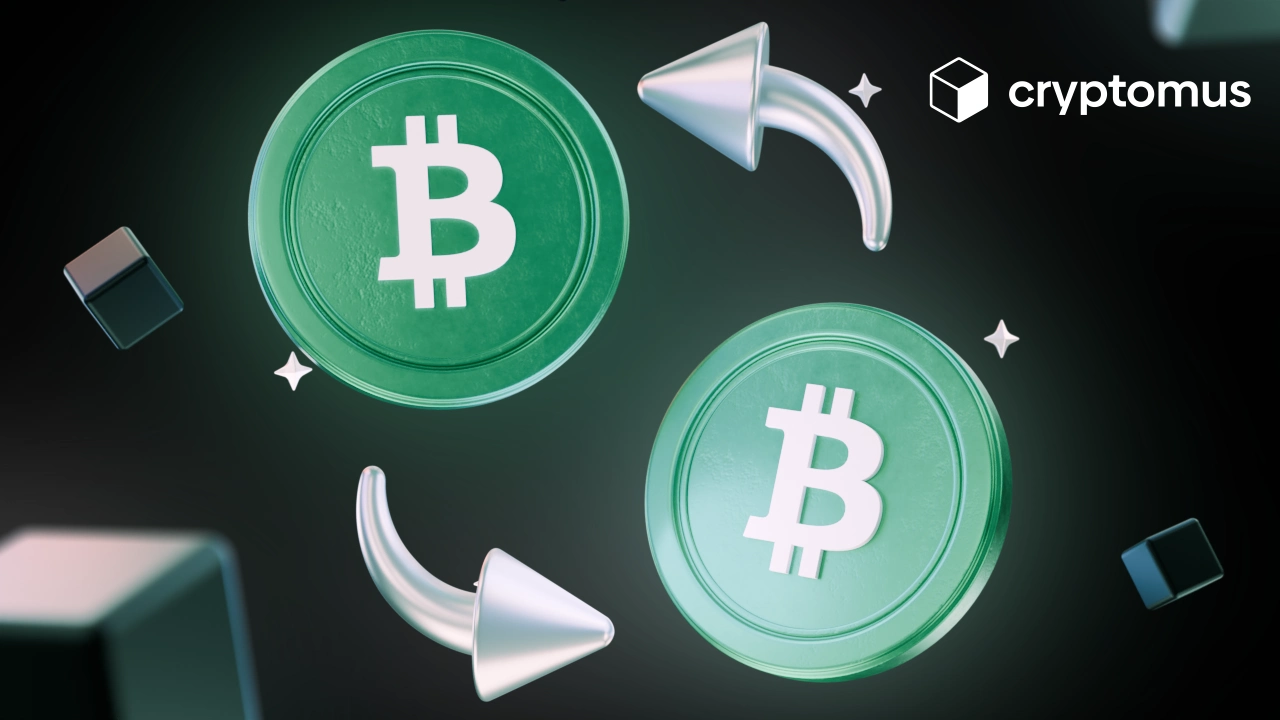
Combien de Temps Faut-il pour Transférer du Bitcoin Cash ?
Avec sa plus grande taille de bloc et les avancées techniques dans le protocole de BCH, Bitcoin Cash offre une amélioration significative de la vitesse des transactions par rapport à Bitcoin. Les transactions de Bitcoin Cash sont généralement confirmées en 10 à 30 minutes, mais ce délai peut encore fluctuer. Une transaction BCH peut prendre plus de temps que prévu en raison de la congestion du réseau, de frais de faible priorité ou de problèmes liés au portefeuille.
La vitesse de la transaction joue également un rôle important. Bitcoin Cash peut traiter 200 transactions par seconde. Cela dépasse de manière significative la capacité de traitement typique de Bitcoin, qui est de 3 à 7 transactions par seconde. Ainsi, BCH peut gérer un plus grand nombre de transactions, se positionnant comme une option plus efficace pour les dépenses quotidiennes et les microtransactions.
Comment Vérifier les Transactions BCH ?
Si vous souhaitez surveiller votre transaction, c'est très facile à accomplir. Pour vérifier l'état d'une transaction Bitcoin Cash, envisagez d'utiliser un explorateur de blockchain spécifique. C'est un outil qui vous permet de visualiser toutes les transactions sur la blockchain BCH. Certaines options populaires que vous pouvez essayer incluent :
- Blockchair
- Blockchain.com
- BCT.com
Pour examiner votre transaction, il vous suffit d'entrer votre ID de transaction (TXID), également appelé hash, ou adresse de portefeuille dans le champ de recherche de l'explorateur de blockchain. Vous verrez toutes les informations liées, y compris son état, les frais et les confirmations.
Pourquoi Votre Transaction BCH est-elle en Attente ?
Si votre transaction Bitcoin Cash apparaît comme "En attente", cela signifie généralement qu'elle n'a pas encore reçu les confirmations nécessaires du réseau. Voici les facteurs qui contribuent à l'état en attente :
- Confirmations : Les transactions nécessitent des "approbations" des mineurs et restent en attente jusqu'à ce qu'un nombre suffisant de confirmations soit atteint.
- Frais : Un faible frais pourrait entraîner des temps d'attente plus longs pour que les mineurs traitent votre transaction.
- Traitement de la blockchain : La blockchain BCH traite les transactions dans des blocs de capacité limitée, et un trafic élevé peut entraîner des temps d'attente plus longs.
Après avoir obtenu suffisamment de confirmations, la transaction passera de "En attente" à "Terminée", et les fonds pourront alors être crédités sur le portefeuille du destinataire.
En fin de compte, Bitcoin Cash est une alternative solide à Bitcoin pour les transactions courantes, avec des frais plus bas et des temps de confirmation plus rapides. En apprenant les bases des transactions BCH, vous pouvez améliorer votre prise de décision et maximiser votre utilisation de BCH.
Nous espérons que notre guide vous a été utile. Envoyez-nous vos expériences et questions ci-dessous !
Simplifiez votre parcours cryptographique
Vous souhaitez stocker, envoyer, accepter, miser ou échanger des crypto-monnaies ? Avec Cryptomus, tout est possible - inscrivez-vous et gérez vos fonds de crypto-monnaie avec nos outils pratiques.
Commencer
